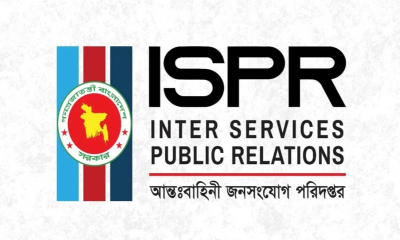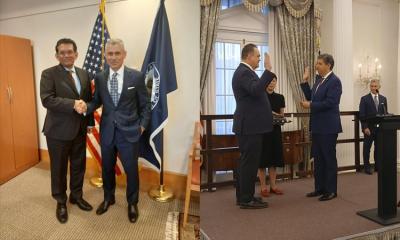Salehuddin Ahmed, the government’s Economic Adviser, has said it will take more time to address the irregularities and corruption that have built up over the past 15 years.
He emphasized that such deep-rooted issues cannot be solved in just three or four months.
According to him, macroeconomic stability is crucial—if the overall economy isn’t stable, other economic indicators will also remain unstable.
However, he also pointed out that Bangladesh has started to stabilize its economy and has managed to prevent further damage.
Salehuddin Ahmed shared these thoughts while speaking as the chief guest at a business conference called "Private Sector Forecast: Expectations and Priorities," organized by the Dhaka Chamber of Commerce and Industry (DCCI) at a hotel in Dhaka on Saturday (November 30).
The event was also attended by Commerce Adviser Sheikh Bashiruddin as the special guest.
The conference was opened with a welcome speech from DCCI President Ashraf Ahmed.
Other key figures in the business community, including Abdul Hai Sarker, President of the Bangladesh Association of Banks (BAB), Selim R. F. Rahman, Chairman of the Association of Bankers Bangladesh Limited (ABBL), Javed Akhtar, President of the Foreign Investors Chamber of Commerce and Industry (FICCI), Shawkat Aziz Russel, President of the Bangladesh Textile Mills Association (BTMA), Ahsan Khan Chowdhury, Chairman and CEO of Pran-RFL Group, and Mohammad Hatem, President of the Bangladesh Knitwear Manufacturers and Exporters Association (BKMEA), also spoke at the event.
Speaking about the country`s economic outlook, Salehuddin Ahmed said there are positive signs of recovery.
“Foreign currency reserves are increasing, and development partners are starting to show positive signs. At the recent IMF-World Bank meeting, I received encouraging responses from everyone. The government’s budget support is not the main priority right now; instead, the private sector will receive $100 million,” he said.
The Economic Adviser also explained that the government is working to leave a legacy that will benefit future administrations.
“We want to make sure that no one will be able to launder money in the future. The government is also making sure that credit flow to the private sector remains steady,” he added.
He also mentioned that the National Board of Revenue (NBR) is working on reforming the country’s tax system by separating tax administration from tax collection.
Meanwhile, DCCI President Ashraf Ahmed raised concerns about the current situation. He said that while the country’s law and order has improved, it is still not fully under control.
He also pointed out that there are still fuel shortages, which are disrupting industrial production and making it more difficult for businesses to operate smoothly.
Selim R. F. Rahman, Chairman of the ABBL, criticized the interim government, claiming it had failed to maintain control over the law and order situation in the country.
Javed Akhtar, President of FICCI, also raised concerns about the country`s future.
He questioned whether Bangladesh is on track to meet its goal of graduating from Least Developed Country (LDC) status by 2026, and whether the country is ready to face the challenges ahead.
He suggested that these issues need to be carefully considered in the coming months.


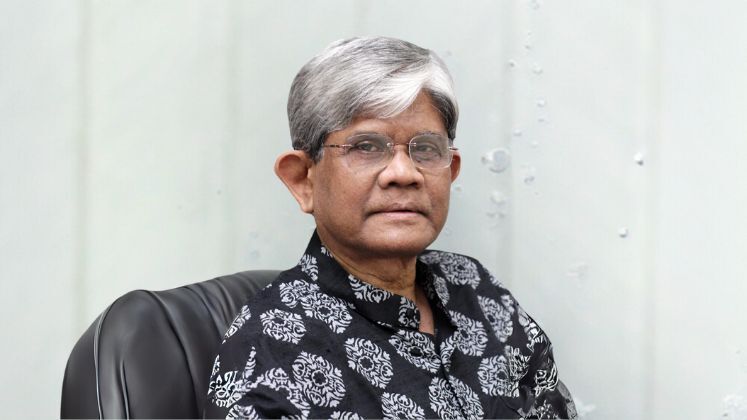

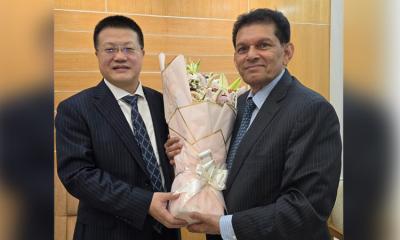
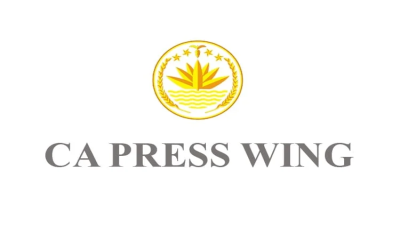
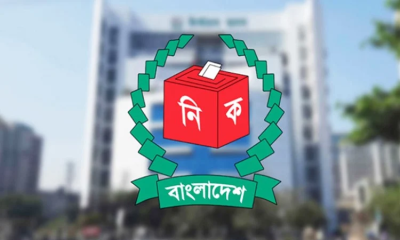

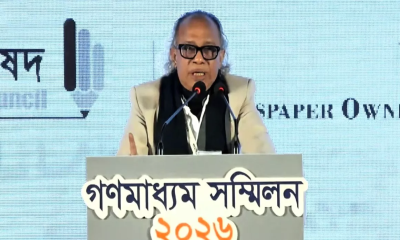
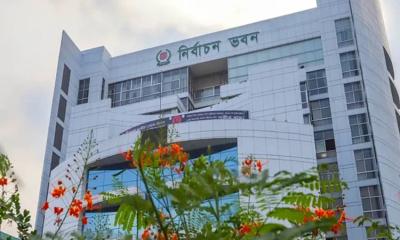
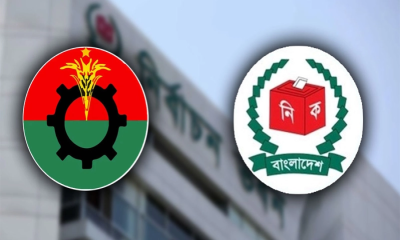
-20260118114124.webp)
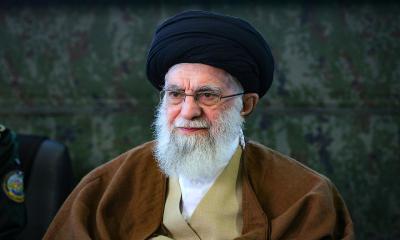


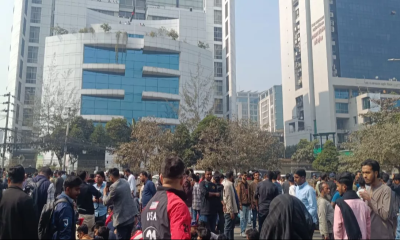
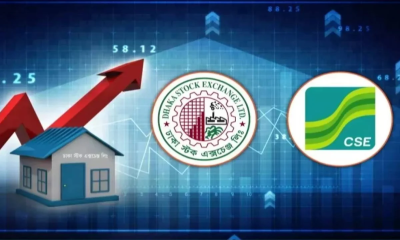
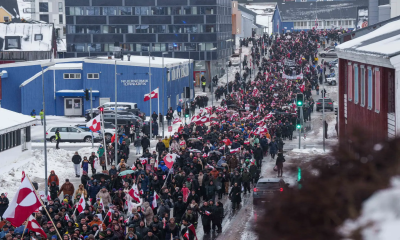

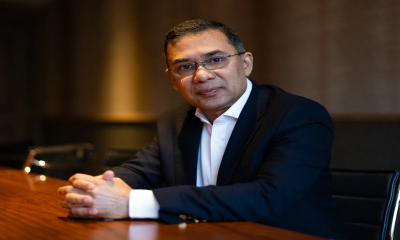
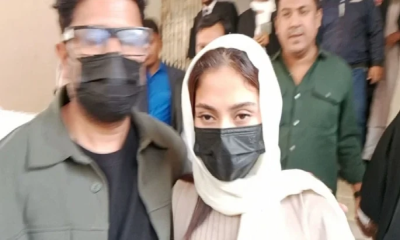
-20260112173104.webp)

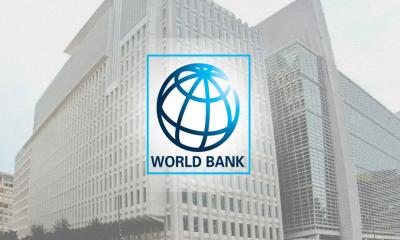


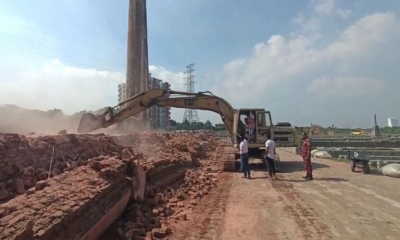
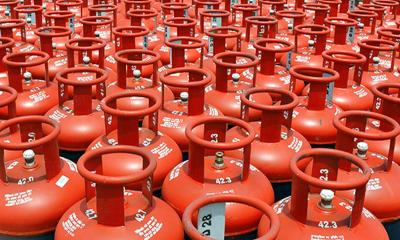



-20260111213906.webp)

